
Spatial omics is a field that allows scientists to study biological samples at a single-cell level. These techniques, which combine genomics, transcriptomics, and proteomics information, enable researchers to see how genes, RNA, and proteins are arranged within a tissue. This field is still new but can potentially revolutionize our understanding of biology and disease. Since [..]
Read More
Metal halide perovskites are gaining popularity due to their superior optoelectronic features, which include a high photoluminescence quantum yield (QY), absorption coefficient, tunable band gaps, long carrier diffusion lengths, and defect tolerance. Direct laser writing (DLW) is an efficient, contactless, mask-free, and depth-resolved micro-patterning technology that involves linking a laser beam to a high-resolution microscope. [..]
Read More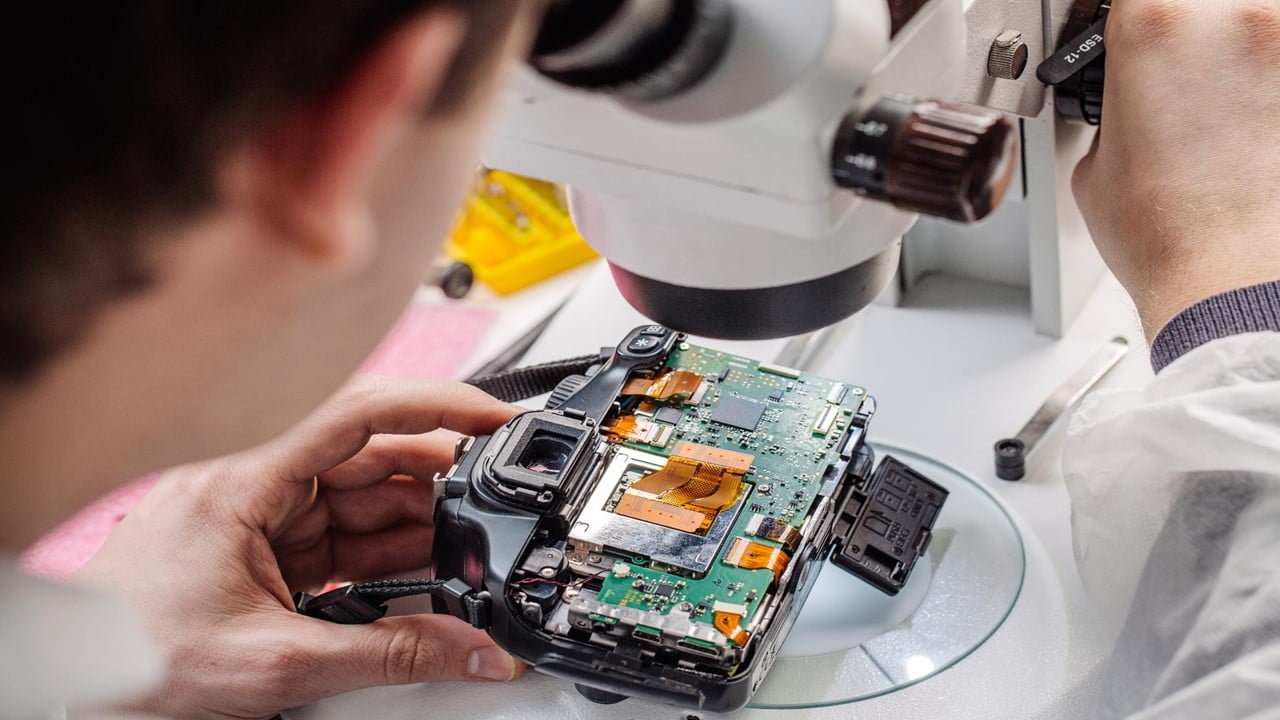
Crafting exceptionally thin silver films presents a significant challenge for flexible optoelectronic devices. Conventional techniques often yield films that are both discontinuous and suffer from poor conductivity. This roadblock hinders the development of next-generation flexible displays and other optoelectronic applications. Researchers have recently proposed a groundbreaking approach to generating ultrathin silver films with exceptional continuity [..]
Read More
Ultraviolet spectroscopy is critical for researching electronic transitions in atoms and rovibronic transitions in molecules, which are required for testing fundamental physics, quantum-electrodynamics theory, and precision measurements. Researchers have successfully implemented high-resolution linear-absorption dual-comb spectroscopy in the ultraviolet spectral range, enabling new experiments under low-light conditions and paving the way for novel applications in various [..]
Read More
Early cancer diagnosis is critical for improving treatment outcomes and lowering mortality rates. However, prompt diagnosis is common for people who need access to healthcare, such as those with limited income or living in remote areas. Diffuse reflectance spectroscopy (DRS) is a promising method for early cancer diagnosis since it may be conducted rapidly and [..]
Read More
Researchers have made a significant breakthrough in manipulating light signals using liquid crystals. This new technique integrates femtosecond laser writing with liquid crystals embedded in waveguides. This enables electro-optical control of light polarization, paving the way for novel photonic devices. Previously, femtosecond lasers were used for writing waveguides, but they could not modulate the light [..]
Read More
In the realm of photonics, miniaturized, high-performance devices are crucial for various applications. With their unique optical and electronic properties, inorganic perovskites have emerged as a promising material for such devices. Researchers have developed an inorganic perovskite-based integrated photonic devices. The researchers detail a method for fabricating these devices using focused ion beam etching and [..]
Read More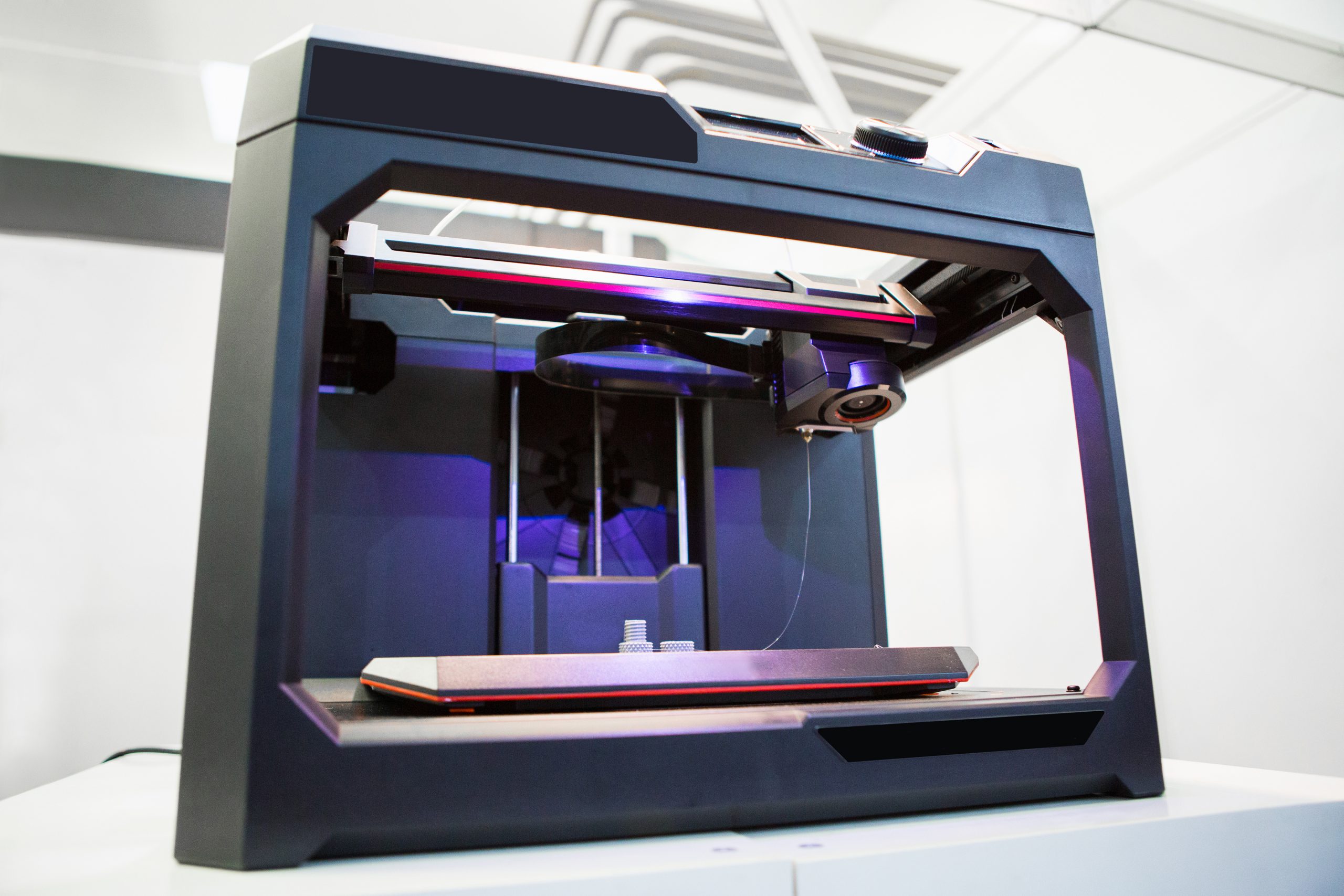
Researchers are developing a new technique for 3D printing ceramics that could revolutionize the field of micro-optics. This technique can create intricate structures that generate and store light, paving the way for new applications like lasers, sensors, and optical communication. The ability to manipulate light at the micro-scale is crucial for many photonic devices. Traditionally, [..]
Read More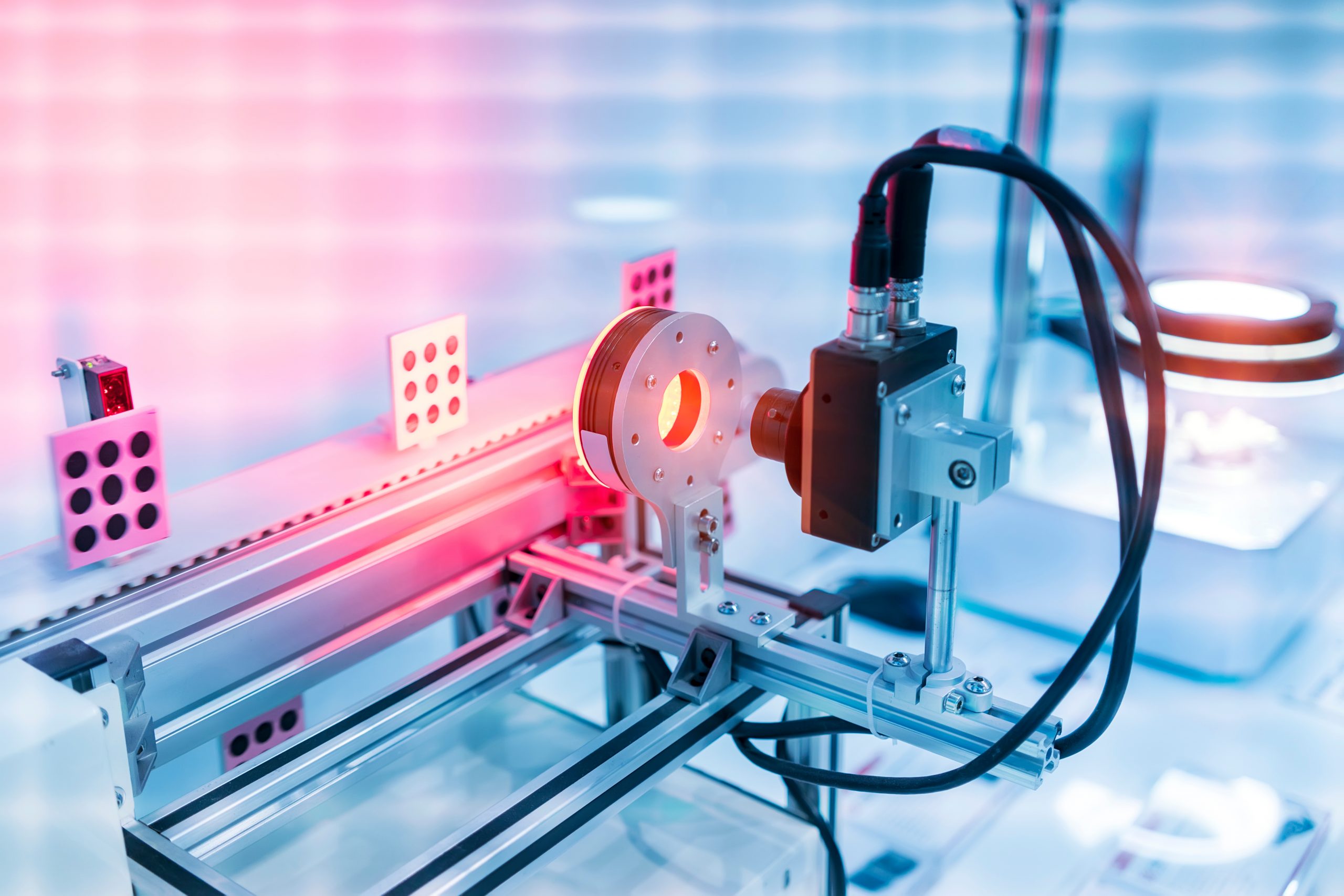
Machine vision is crucial in various industrial tasks, from quality control to robot guidance. However, traditional lighting systems often struggle to keep pace with the demands of high-speed imaging, leading to blurred images, inaccurate measurements, and safety concerns. Hidden strobe hardware offers a game-changing solution by utilizing rapid pulses of light invisible to the human [..]
Read More
Scanning electron microscopy (SEM) is a powerful tool for imaging biological samples at high resolution. However, using the right fixation methods is important to preserve the sample’s structure and prevent artifacts. Researchers discuss a new method for fixing blood samples for SEM analysis using the May-Grünwald solution. This method is less toxic than traditional methods [..]
Read More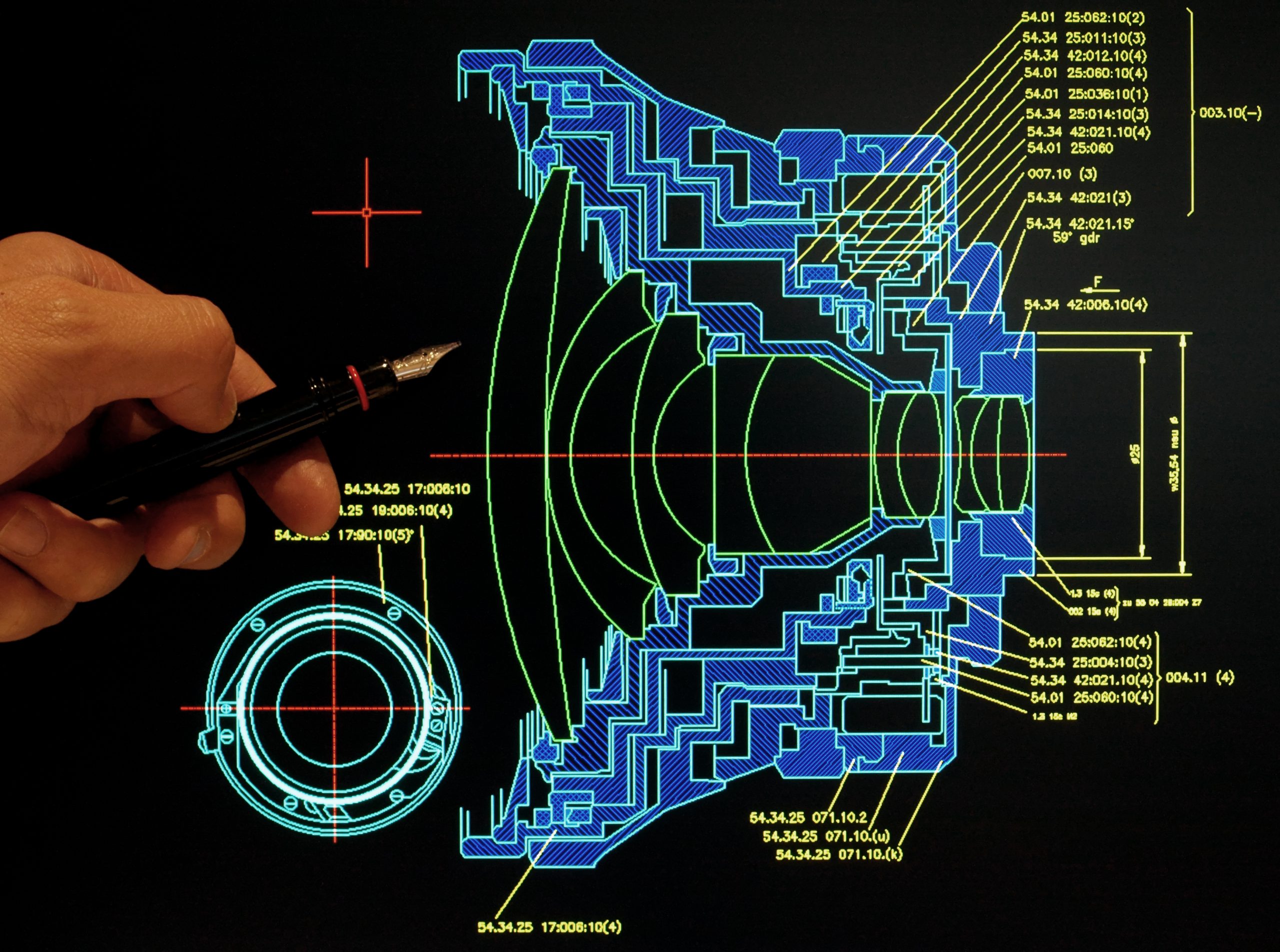
Fascinating new development in room-temperature quantum optomechanics! A recent study has achieved quantum control of solid-state mechanical oscillators at room temperature. This is a significant breakthrough as it paves the way for miniaturized and integrated quantum devices. Traditionally, controlling the quantum state of mechanical oscillators has been limited to cryogenic temperatures due to the thermal [..]
Read More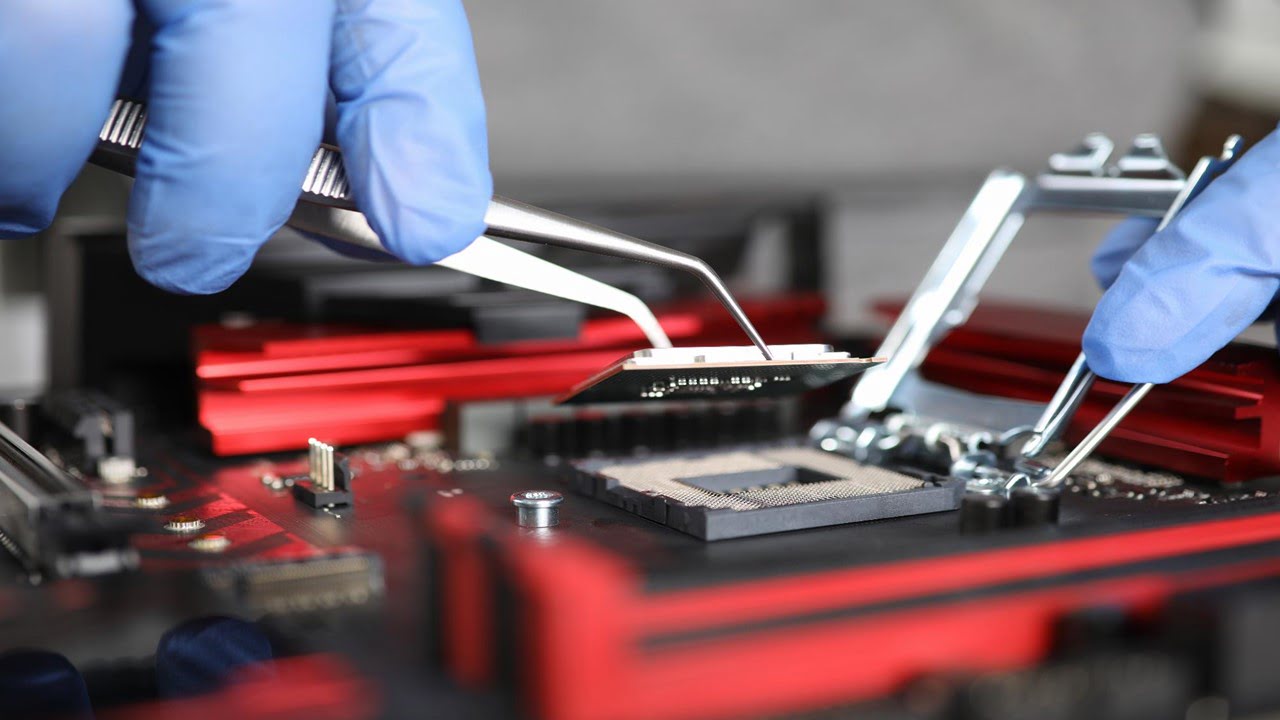
Researchers have developed an organic optoelectronics device that combines organic photovoltaic (OPV) and organic photodetector (OPD) functionalities. Organic photovoltaic and organic photodetector devices efficiently use ambient, unused, and low light to generate electricity and detect light to capture images. OPVs can harvest indoor energy, while OPDs are like cameras using indoor light for imaging. The [..]
Read More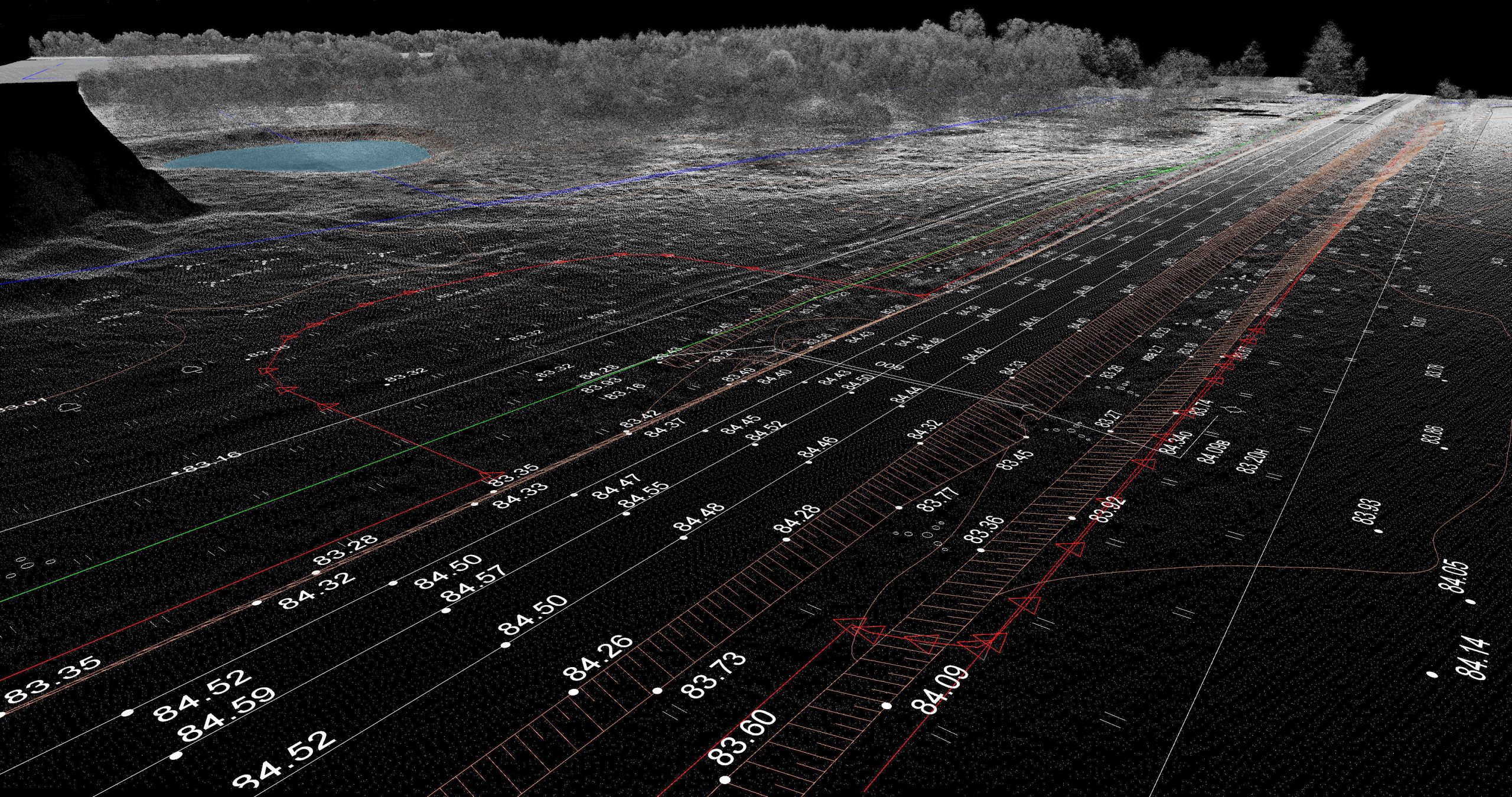
LiDAR, or light detection and ranging, is a crucial technology for self-driving cars, robotics, and other applications that require precise depth sensing. However, conventional LiDAR systems face challenges like bulky designs and limited range. Researchers introduce a promising new approach: antireflective vertical-cavity surface-emitting lasers (Antireflective VCSELs). The Problem with Conventional VCSELs: Traditional LiDAR systems often [..]
Read More
Auger electron spectroscopy (AES) is a powerful technique for analyzing materials’ composition and electronic structure. However, current assumptions about the process often ignore important time-dependent effects, leading to inaccurate and limited results. A new computational approach developed has the potential to unlock AES’s full potential, especially in optics and photonics. One of the key strengths [..]
Read More
A new invention has been created that mimics the image processing power of the human eye. This invention uses a metasurface to transform images before a camera captures them. This allows computers to process images with less power and data. The invention has many potential applications, including target tracking and surveillance. The human eye is [..]
Read More
A physicist is developing a new method for skin cancer screening and diagnosis using Terahertz Imaging System. Terahertz waves are safe and can detect changes in skin hydration, which can indicate cancer. The researcher is building a handheld device that can be used in clinical settings. The researchers discuss the potential of terahertz waves for [..]
Read More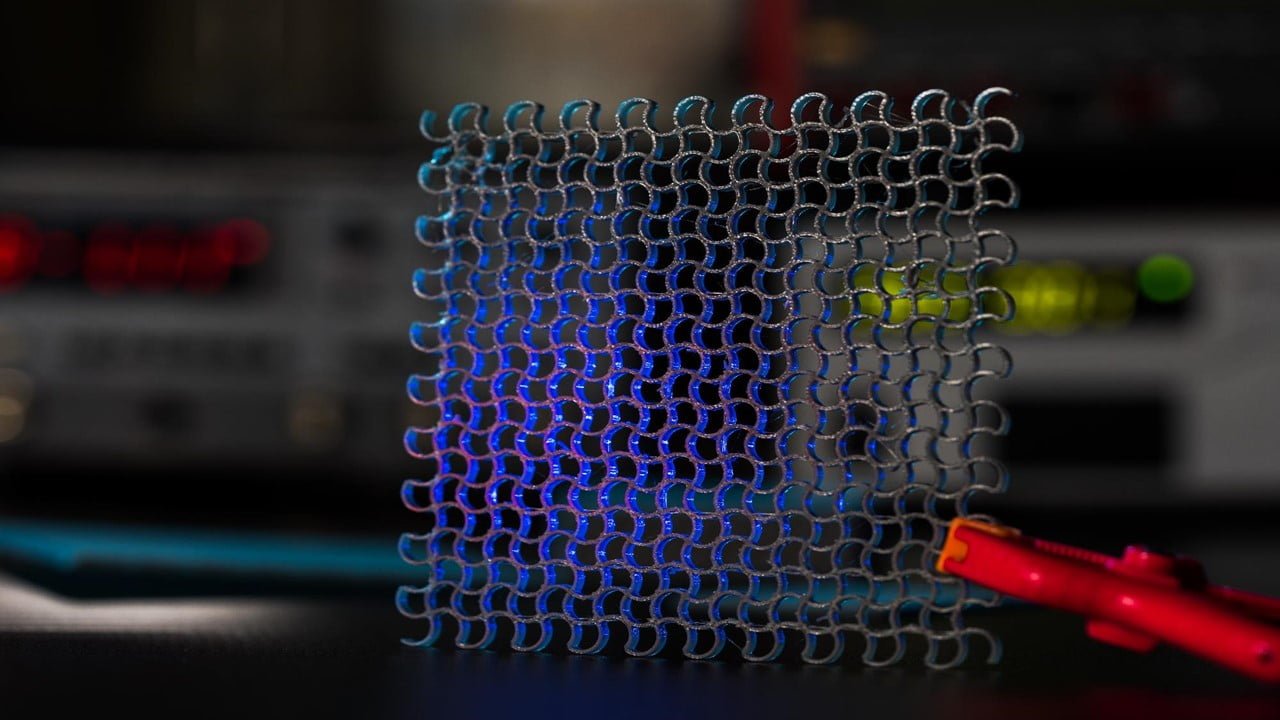
Metasurfaces are a new class of optical components that can potentially revolutionize the field of imaging. They are essentially thin layers of nanostructures that can manipulate light in various ways. In this article, researchers discuss how metasurfaces can be used for infrared edge detection. Edge detection is a fundamental task in image processing to identify [..]
Read More
A new method for optical secret-sharing has been proposed that uses cascaded liquid crystal holograms to encrypt information. The information is hidden in different shares, and it can only be decrypted by combining the shares. This makes the information more secure than traditional methods. The framework also uses multiplexing to increase the amount of information [..]
Read More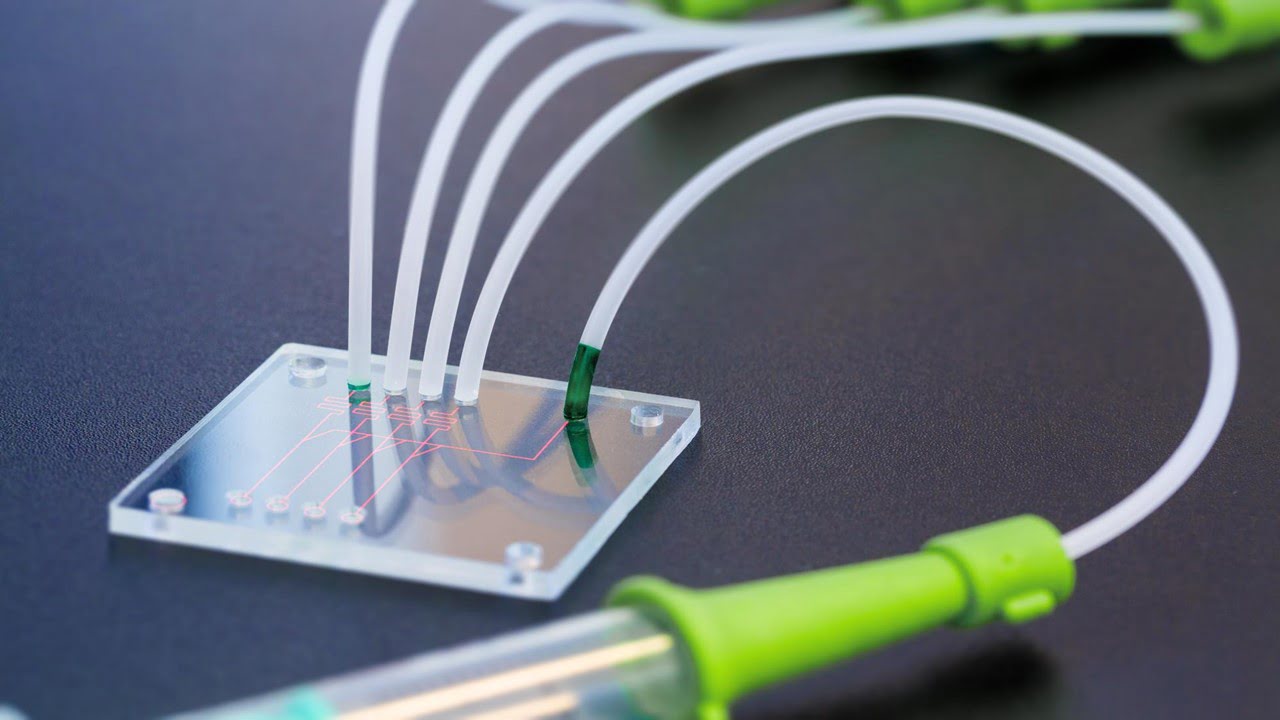
Researchers discuss a new method for making surface acoustic wave (SAW) microfluidic devices using aerosol jet printing. SAW microfluidic devices are used in lab-on-a-chip applications for tasks such as manipulating fluids and particles. Traditionally, these devices have been made using photolithography, a slow and expensive process. Aerosol jet printing is a much faster and easier [..]
Read More
A recent breakthrough can potentially revolutionize the way photonic integrated circuits are produced. A new laser printer has been developed that could make it possible to create these circuits more cheaply and easily. This could benefit many people, from students and researchers to industry professionals. The new printer writes circuits into a thin film with [..]
Read More